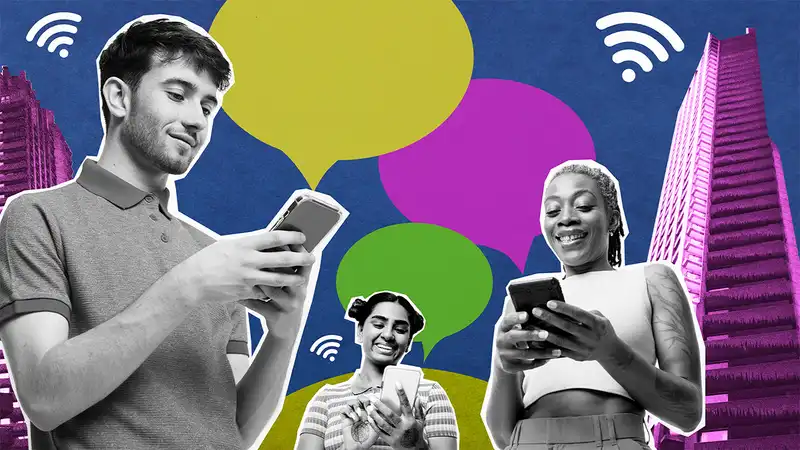Mobile phone and computer apps are part of everyday life, and we all use apps in one form or another for a variety of purposes. It is not the first time that our data is collected by apps, but ahead of the US elections in November, a new study by Incogni revealed that many apps collect sensitive data such as political and religious beliefs, and some even share that information.
Incogni, owned by Surfshark, one of the best VPN services, analyzed the most popular apps in the Google Play store across 36 different categories based on AppMagic's 2024 ratings. Dating apps were the hungriest, collecting an average of about 15 data points, followed by shopping apps, which collected an average of 13 data points. Of the 3,466 apps analyzed, 21% shared data with third parties.
74 apps were found to collect data on political and religious beliefs; 59 apps stated that they collect this data but do not share it, while 15 apps stated that they do collect and share it. Of the 74 apps found to collect data on political and religious beliefs, 47 were dating apps and 7 were social media.
According to Incogni's research, dating app eHarmony was among the apps that used your religious and political beliefs data for advertising and marketing. Popular dating and social apps Facebook, Messenger, Hinge, and Bumble were also found to collect this data for “app features” purposes.
While religious and political beliefs may be important in the matchmaking process, developers also cited analytics, app functionality, and personalization as legitimate reasons for collection. Analytics are typically used to track app visitors and measure app performance, and the purpose of app functionality implies collecting this data to improve the user experience in some way.
There are also various categories of apps that collect this data even though it is clearly unrelated to their general purpose, such as BetterHelp Therapy (health app) and Klover-Instant Cash Advance (financial app).
This raises the question of whether these are the real reasons apps are collecting user data; Incogni states in its report: “Most apps that collect political and religious beliefs make it optional, but developers have given purpose, it is still concerning, especially given how questionable many of those purposes are.
It is clear that many apps take liberties with your data, and while tools like VPNs can help protect your privacy online, in cases like this one, encrypting your data is not enough. Apps like the ones mentioned here often require your consent, and because of this consent, VPNs are not the best place to prevent collection.
Thankfully, there are steps you can take to limit the amount of personal data collected. First, you can look for a more private alternative to the app you are using. Read the app's privacy details and check the app's permissions to determine what data it collects. Read through its data collection policy to make sure you fully understand what you are signing up for. You can limit the data shared between apps by asking them to “do not track.”
Next, data deletion services such as Incogni, Kanary, and Optery can help remove your personal data from third-party databases. These services remove your personal information from public websites and private databases by sending regular deletion requests to data brokers on your behalf.
Finally, be cautious about the personal information you share on social media and online. Polls, games, surveys, and many others collect information about you. Always consider what you are sharing and who might use it.
The Incogni study highlights the depth of personal data collected by our favorite apps while calling for “greater transparency and accountability in how apps handle this data.” Technical as well as deeply personal information poses a greater risk to user privacy and security.
.









Comments